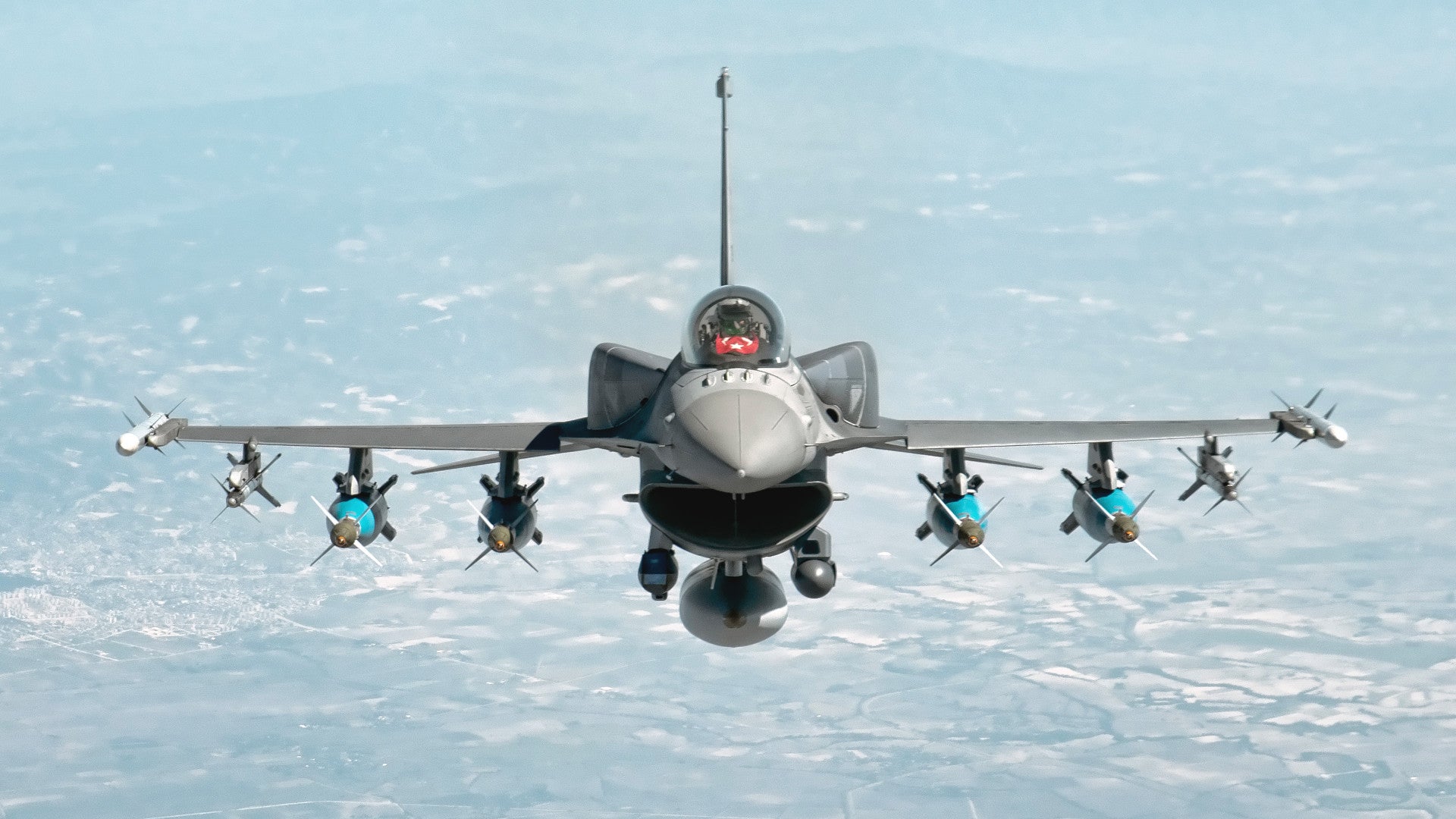Turkey has reportedly been stockpiling spare parts for its F-16 Viper fighter jets in order to head off possible U.S. sanctions after it takes delivery of Russian-made S-400 air defense systems, which the country’s President Recep Erdogan says is set to happen within days. The purchase has already put Turkey on a path to get kicked out of the F-35 Joint Strike Fighter program completely and it could potentially impact other U.S.-Turkish defense cooperation in the future.
Bloomberg first reported the parts hoarding, citing two unnamed Turkish officials, on July 1, 2019. At present, Turkey has some 245 F-16C/Ds, which are a mix of Block 30, 40, and 50 variants, making it one of the largest operators of the type anywhere in the world. The effort has also included acquiring additional spares for other unspecified military systems beyond the Vipers. It is unclear what items Turkey has been buying specifically and from what sources, as well as when the shopping spree began, but U.S. government criticism of the S-400 deal has been growing steadily since Turkey first announced it in 2017.
The spat has been centered primarily on security concerns that the U.S. and other F-35 operators have about Turkey operating those aircraft and the S-400s. They fear this could expose sensitive details about the stealthy jet’s radar signature and other capabilities to the Kremlin. In June 2019, the Pentagon released a detailed roadmap for how it planned to remove Turkey from all facets of the Joint Strike Fighter program within the next year unless it canceled the order for the Russian surface-to-air missile systems, something Erdogan has repeatedly refused to do.
“The first batch of S-400s will be delivered in a week or 10 days,” the Turkish President said on July 1, 2019, according to the Haberturk newspaper. “I’ve clearly told this to Trump, Mr. Putin also said it.”
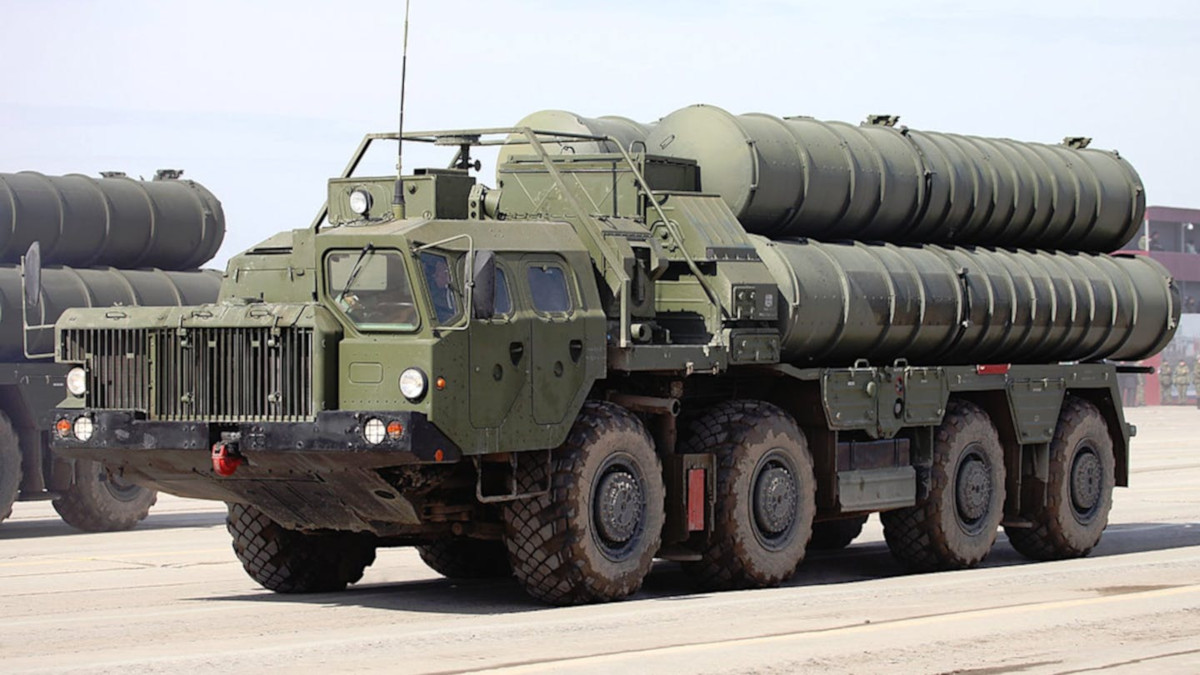
But there is the potential that the United States could enact additional sanctions under the Countering America’s Adversaries Through Sanctions Act, or CAASTA. Under this law, President Donald Trump’s Administration would have to choose a mix of five sanctions from a total of 12 options, which include things like sanctioning Turkish banks and other business entities and preventing Turkey from obtaining U.S. loans.
Beyond that, there is the possibility that Congress could enact additional measures to censure Turkey, including with regards to military cooperation with the United States. Some legislators have been seeking to more permanently block Turkey from ever regaining access to the F-35 program. There have also been growing calls to remove U.S. nuclear weapons from Incirlik Air Base in Turkey.
On June 10, 2019, lawmakers in the House of Representatives agreed to a non-binding resolution outlining a number of potential courses of action, which might impact other weapon system programs beyond the F-35.
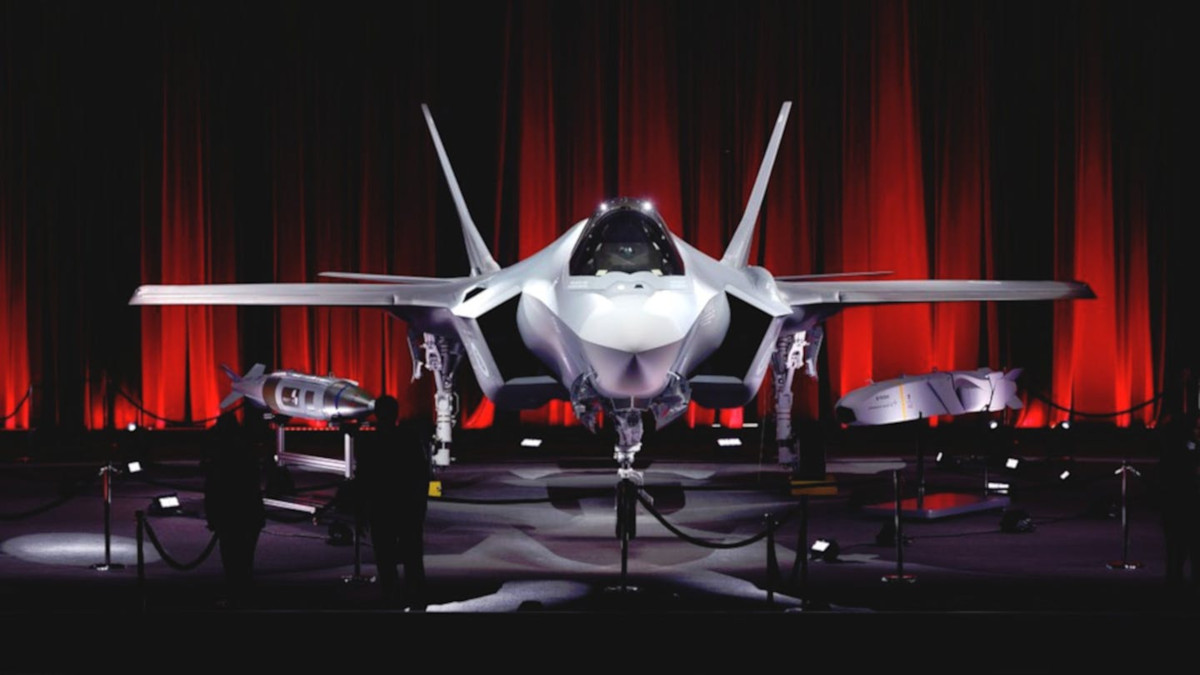
“In addition to the F–35 Joint Strike Fighter, Turkish defense acquisition programs that could be affected by sanctions include the Patriot air and missile defense system, CH-47F Chinook heavy lift helicopter, UH-60 Black Hawk utility helicopter, and F-16 Fighting Falcon aircraft,” the draft resolution reads. It is important to note that Turkey does not yet operate the Patriot, which the U.S. government has repeatedly offered as an alternative to other air defense systems, such as the S-400.
It is also worth pointing out that the annual defense policy bill for the 2019 Fiscal Year, also known as the National Defense Authorization Act (NDAA), which became law last year, demanded that the Pentagon conduct an “assessment of impacts on other United States weapon systems and platforms operated jointly with the Republic of Turkey.” The weapon systems in question were the same ones mentioned in the June 2019 resolution, including Patriot. This assessment was due within 90 days, but the findings, or a summary thereof, have not become public.
It is possible that the provisions of the Fiscal Year 2019 NDAA prompted Turkey to begin buying spare parts for its F-16s and other major U.S.-made military hardware.
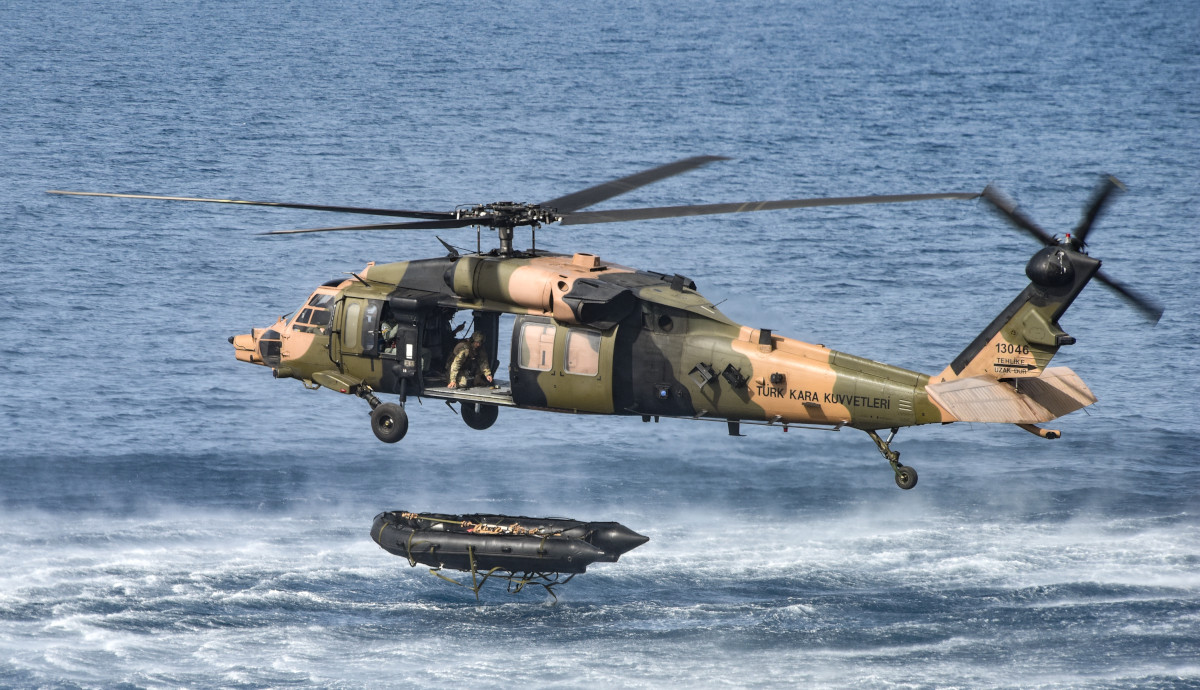
Bloomberg‘s sources also indicated that Turkish officials have become increasingly concerned about the potential for a broader U.S. arms embargo against their country akin to the one the United States enacted in 1975. This was in response to Turkey’s invasion of northern Cyprus the year before, which was ostensibly aimed at protecting ethnic Turks after ethnic Greek Cypriots seized control of the country in a coup. The island nation has been divided ever since, though only Turkey recognizes the Turkish Republic of Northern Cyprus.
The United States eventually ended the embargo against Turkey in 1978, but it took a severe toll on the Turkish military. Stockpiling parts now could give Turkey more flexibility to negotiate if any new U.S. sanctions turn out to be equally severe.
Having parts in reserve would be especially critical for the F-16s, which are the Turkish Air Force’s most numerous and advanced combat aircraft and will continue to be so for years to come, especially in the absence of F-35 deliveries. Without these stockpiles, the Vipers could very quickly end up grounded, leaving Turkey in a particularly vulnerable position.
It is possible that Turkey could keep a portion of the Vipers flying by cannibalizing other aircraft, something that has helped Venezuela keep its F-16s flying, albeit with degraded capabilities, despite an American embargo. This could be harder to do for Turkey’s more advanced variants, though.
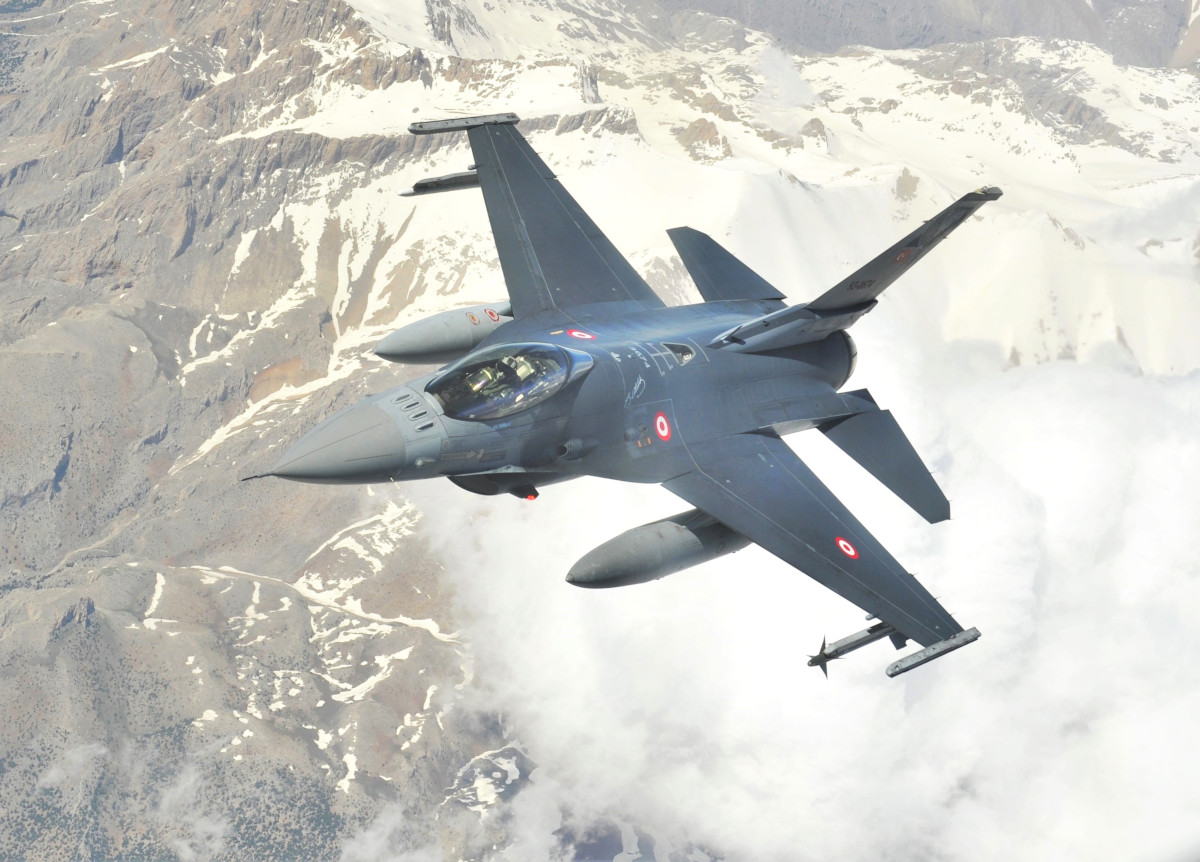
Of course, the decision to enact such severe sanctions, or a full-on arms embargo, would represent a major shift in policy that could have serious ramifications beyond U.S.-Turkish relations. Other countries might begin to seek alternatives to U.S.-made weapon systems in order to avoid finding themselves in a similar situation in the future. In Turkey’s case, it could also push the country to more seriously consider joining Russia’s Su-57 advanced combat jet program as an alternative to the F-35, which, in turn, might further inflame tensions with the United States.
It remains to be seen how and when the U.S. government might actually act beyond the Pentagon’s plans to eject Turkey from the F-35 program. “We’re looking at it,” Trump had told reporters ahead of a meeting with Erdogan on the sidelines of the G-20 summit in Japan on June 29, 2019.
“So, I have to tell you, he’s a NATO member, he’s somebody that I have become friendly with,” he continued, suggesting he would try to avoid any sanctions on Turkey. “And you have to treat people fairly. You understand that. You have to treat people fairly. And I don’t think he was treated fairly. I don’t think he was treated fairly.”
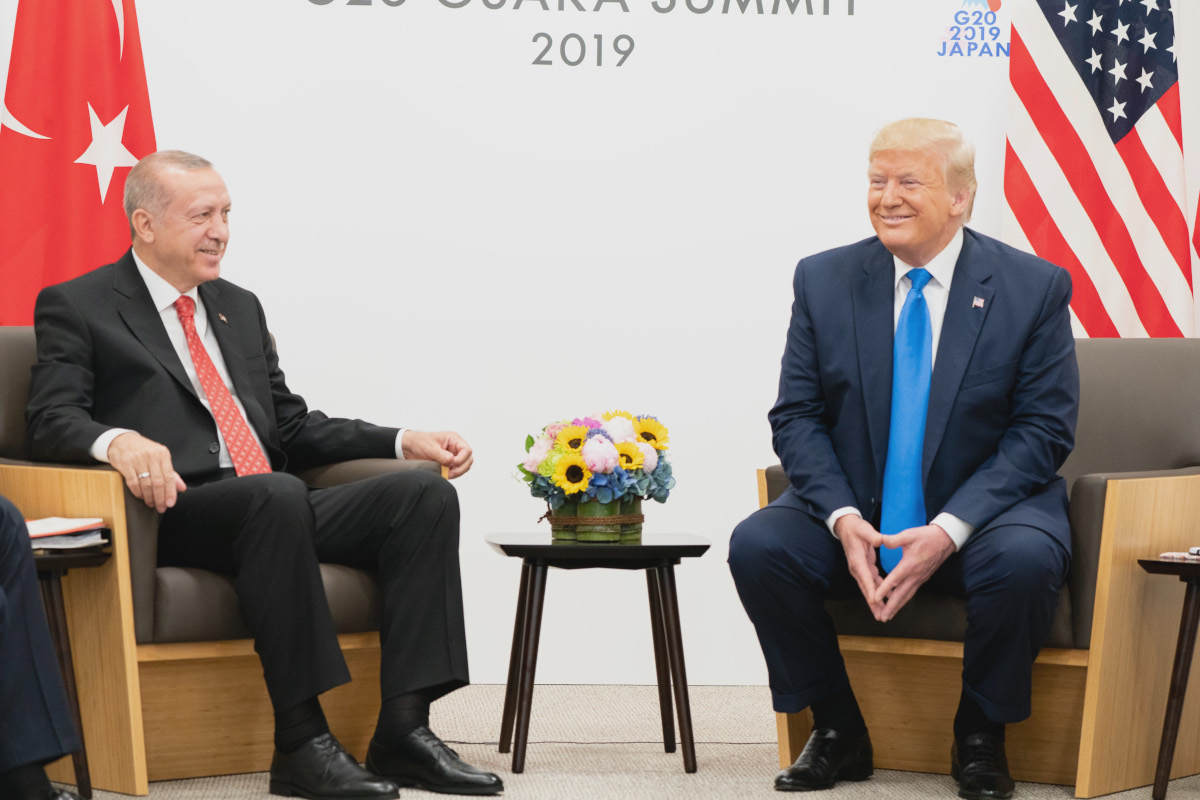
However, the Pentagon, the State Department, and members of Congress have all made clear that the risk of sanctions, including under CAASTA, remains very real. At the same time, though, the U.S. government looks to be trying to push doing so off until the very last moment with hopes of still finding some sort of deal, even as the prospect of doing so appears to be becoming increasingly remote.
On June 30, 2019, Senator Lindsey Graham, a South Carolina Republican and a prominent Trump confidant, said that the CAASTA provisions were only likely to kick in when Turkey “activates” the S-400s, that is to say when they become operational. Though Erdogan says that the S-400s will begin physically arriving in Turkey momentarily, Turkish Defense Minister Hulusi Akar has said they will not be deployed and operational until sometime in October.
When that happens, the U.S. government’s decisions regarding various sanctions may quickly become clearer. In the meantime, the Turkish military appears to be taking no chances to give it the best possible chance of riding out the situation with as few disruptions as possible.
Contact the author: joe@thedrive.com
